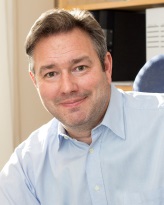Portfolio sustainability 2021: a selection
How do we know that the companies that we invest in incorporate sustainability? We will never achieve full insight into this, but with the help of external data providers we can conduct a screening of the portfolio and get an idea of how well the companies work with sustainability. If a company violates international conventions and other frameworks for people, the environment and anti-corruption, we receive reports about this. And the managers we hire measure the sustainability of their funds in different ways, which we can then review. The acronym ESG, Environmental, Social and Governance is often spoken about, i.e. environmental and social aspects as well as corporate governance. Or simply: corporate responsibility.
The Church of Sweden's portfolio receives high ratings and meets the requirements of the Paris Agreement
Our portfolio also gets high marks for sustainability this year. This applies both when looking at what goods and services the companies manufacture, and what the manufacturing process itself looks like, i.e. working conditions in its own or suppliers' factories, emissions to air, land and water, and so on. The companies are rarely involved in serious incidents and other violations of international frameworks. Of course, there are problems, not least the Swedish large companies that have recently ended up in bad weather as a result of revealed cases of corruption. In such cases, we act individually or together with other investors. But in general, this happens extremely rarely in our portfolio companies, which is partly due to the fact that many belong to industries with a low risk of serious violations. But they have also often done a better job of preventing risks in their operations, not least in the supply chain that is often found in Asia. Most incidents regard work environment problems, digital surveillance and lack of trade union rights. We have three such cases that were received in 2021 and have passed them on to the relevant asset managers.
The climate profile in the portfolio is also clearly and in line with the goal of global warming of less than two degrees compared to pre-industrial times, which the world agreed on in 2015 through the Paris Agreement. The Paris Agreement aims to limit global warming to a maximum of 1.5 degrees on average at a global level, a goal that we are unfortunately about to violate. According to the latest report from the Intergovernmental Panel on Climate Change (IPCC), which was released on 28 February 2022, we are currently moving towards an increase of three degrees warming.
New fund meets many of the global goals
The Church of Sweden makes extensive investments in micro-financing. It is a way to achieve good financial returns at a relatively low level of risk. This asset class does not covariate with other asset classes, such as the stock exchanges, and at the same time creates a remarkably large societal benefit for both people and the environment.
Since the start in 2018, one of the microfinance funds we invest in, Impact Opportunity, which is managed by SEB, has provided 80 institutions in 40 developing countries with capital in local currencies corresponding to almost one billion Swedish kronor. A total of about 62,000 borrowers have been reached though these funds, which financed primarily small businesses, about 50,000, with small loans so that they can build up and develop their businesses. Of these small business customers, just over 12,000 are farmers who receive the opportunity, e.g. to switch to more sustainable farming methods, buy a tractor or expand their animal husbandry.
The fund has also invested in Sri Lanka's first green bond, which is issued with the aim of slowing down the loss of biodiversity and creating protection against climate change. The bond is aimed at farmers, among other things, to stimulate them to use several local seed varieties, which increases biodiversity. Agriculture uses large amounts of water, and with the bond, farmers have the opportunity to install drip technology where each crop gets exactly as much water as it needs, which saves huge amounts of water.
Solar cells are of course an element of the fund, as the technology is both cheap and easy to install in the smallest dwelling and offers many benefits. With a solar cell, the children can have light to do homework by, and mobile phones can be charged. The electricity from the solar cells replaces the expensive kerosene, which is also flammable and creates respiratory problems due to the soot particles it contains when burned.
The fund also finances student loans and housing loans to people with low incomes, so that they can climb out of the poverty trap.
In total, the fund contributes to financing several of the UN’s 17 global goals for sustainable development.
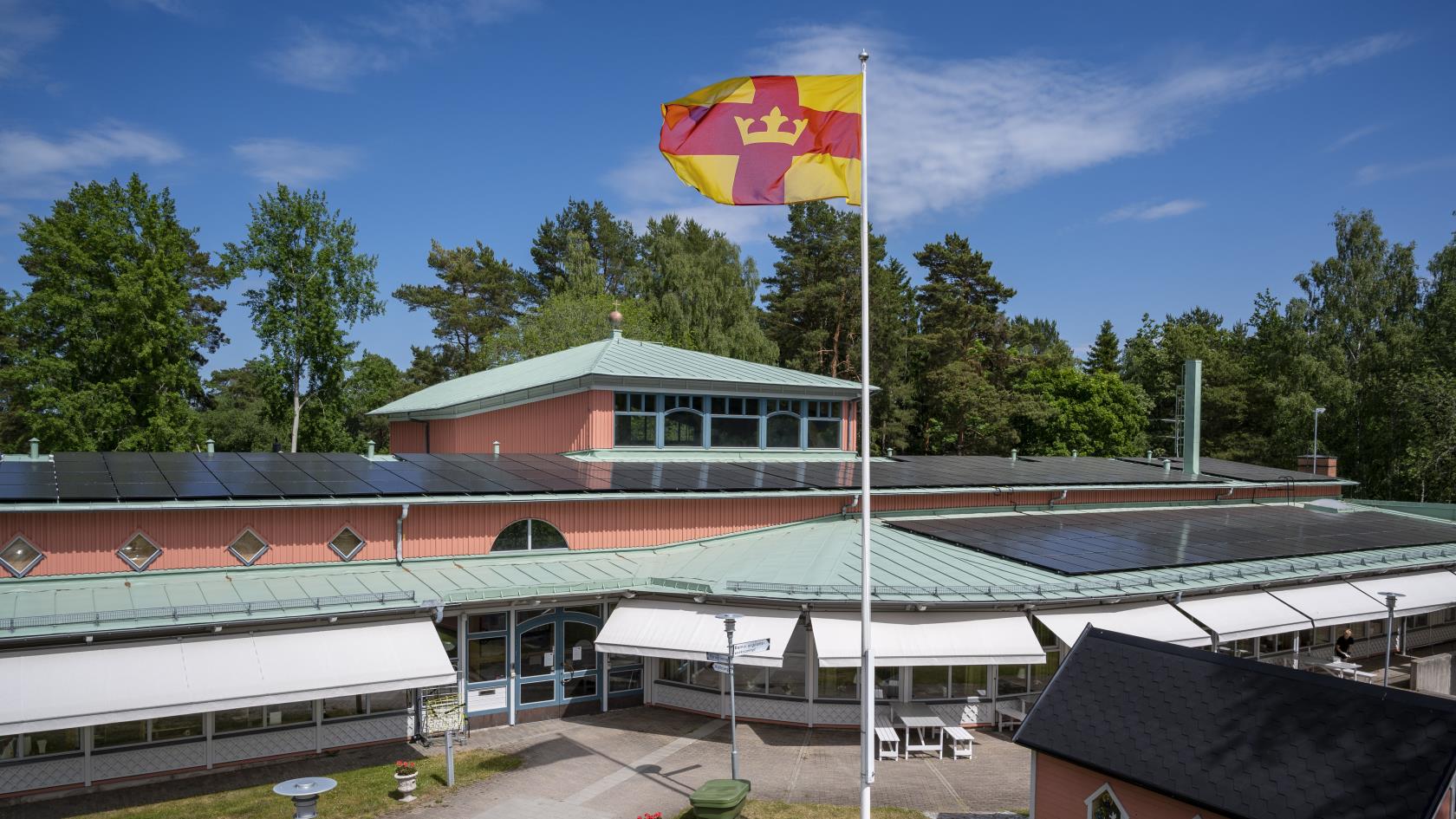
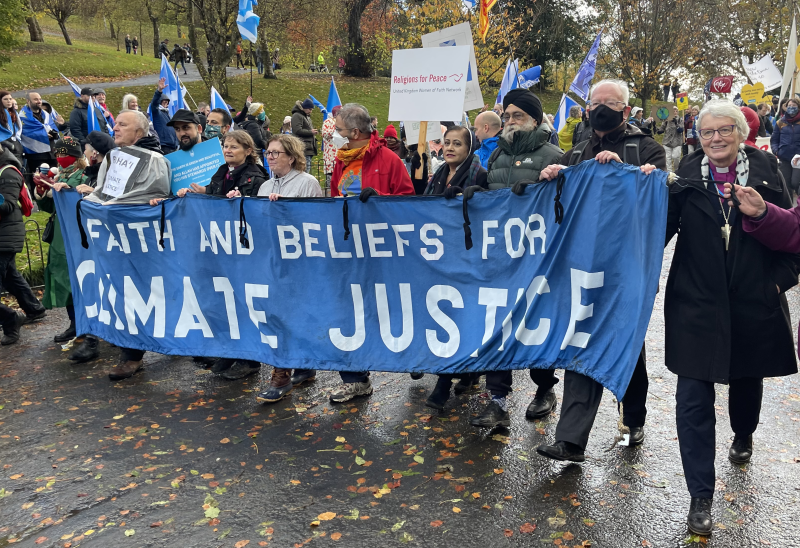






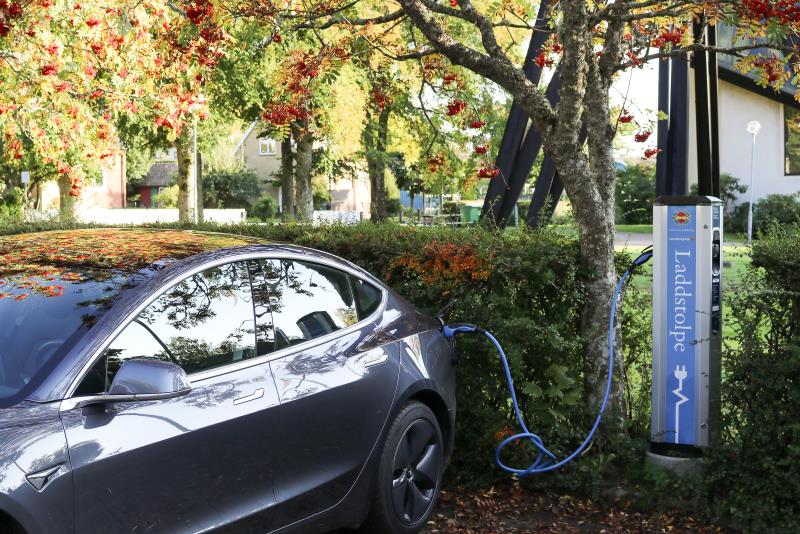

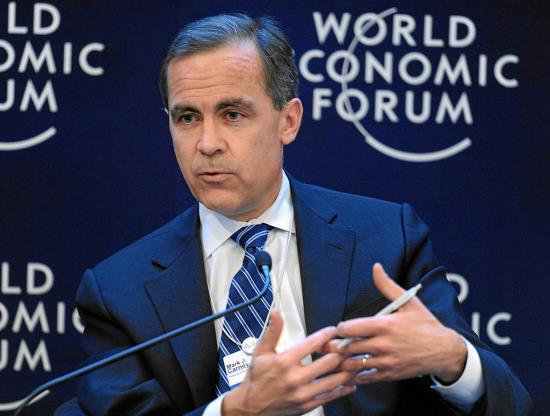

_(47944056822).jpg?DoProcessing=&w=550)
